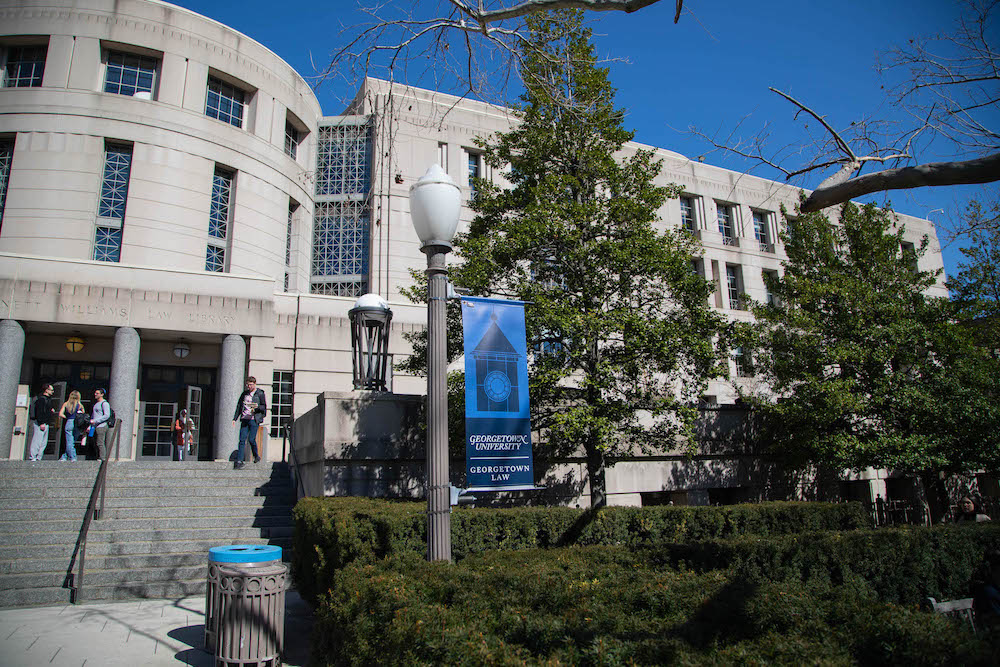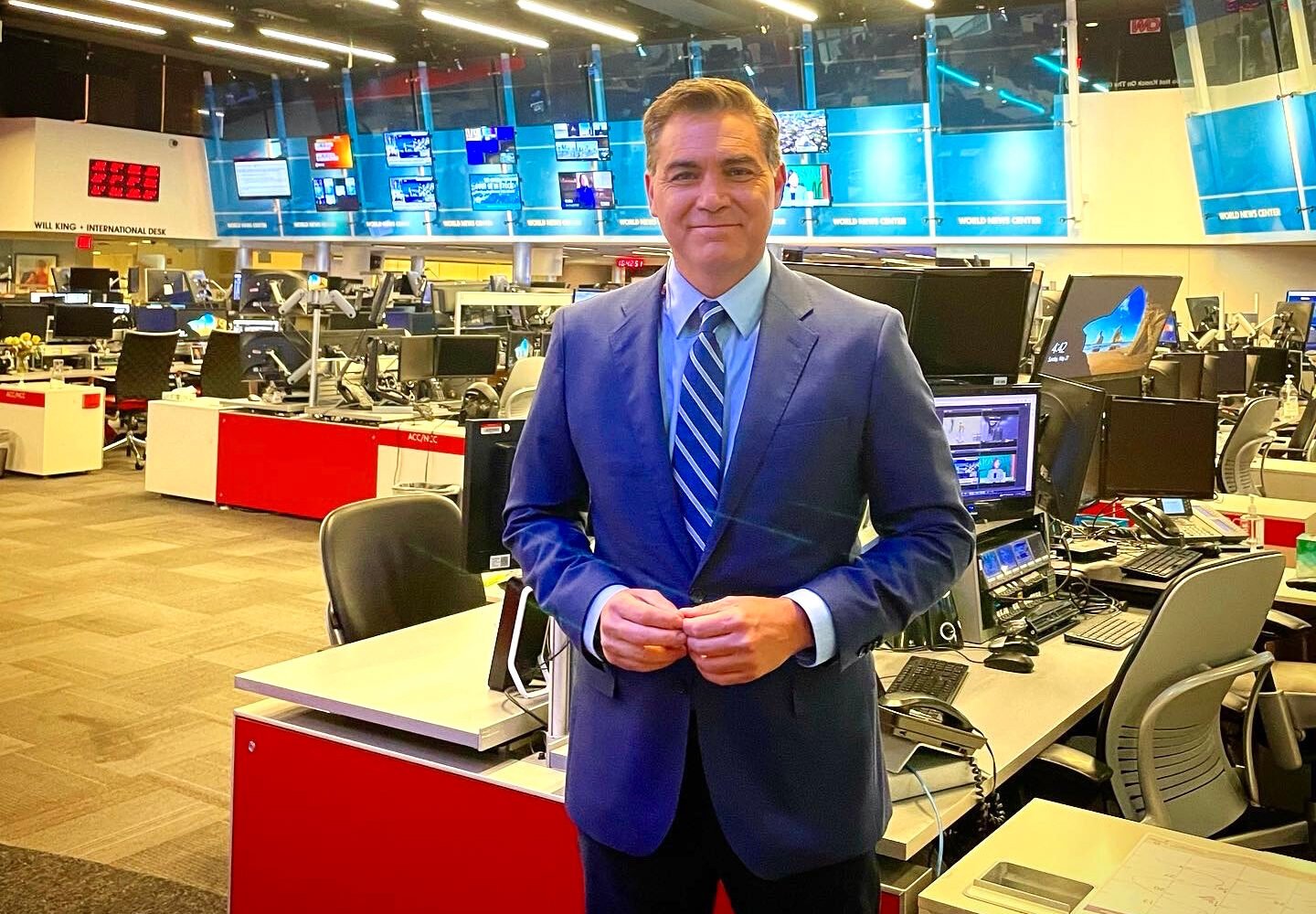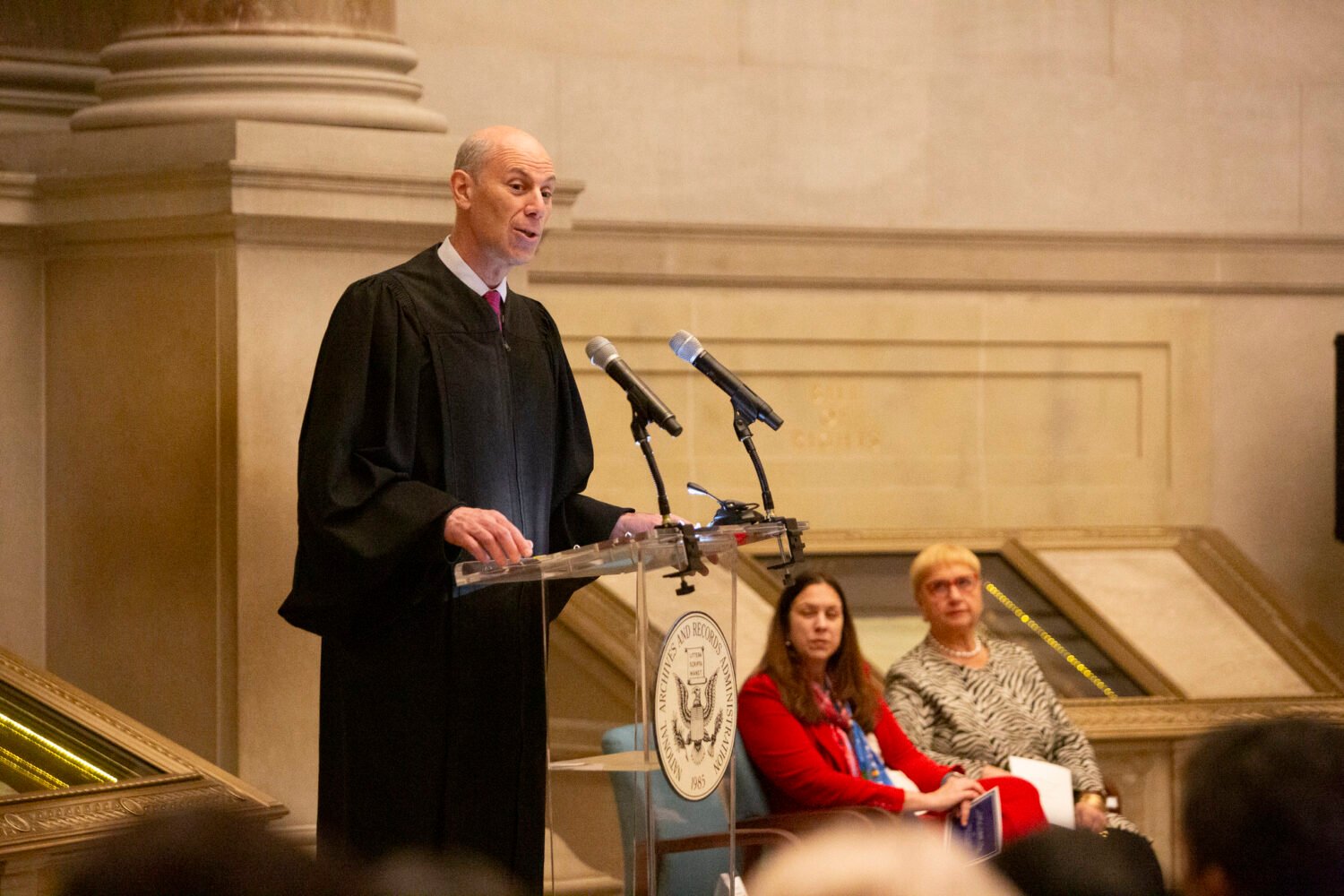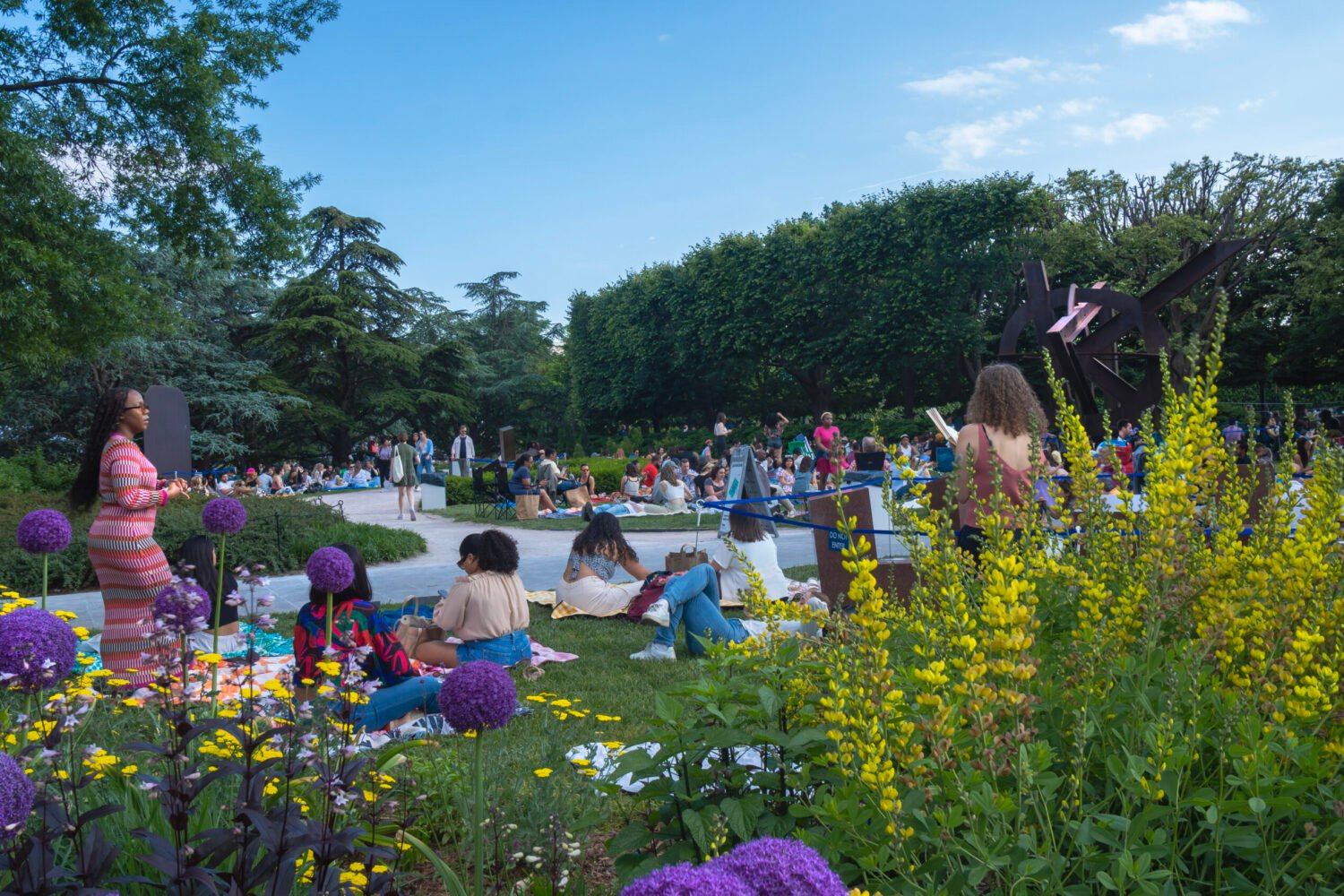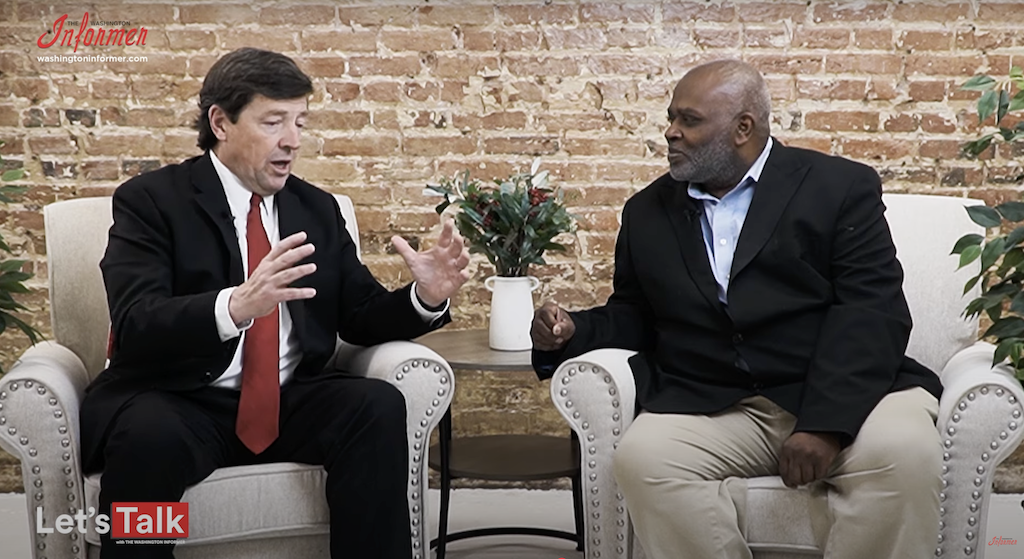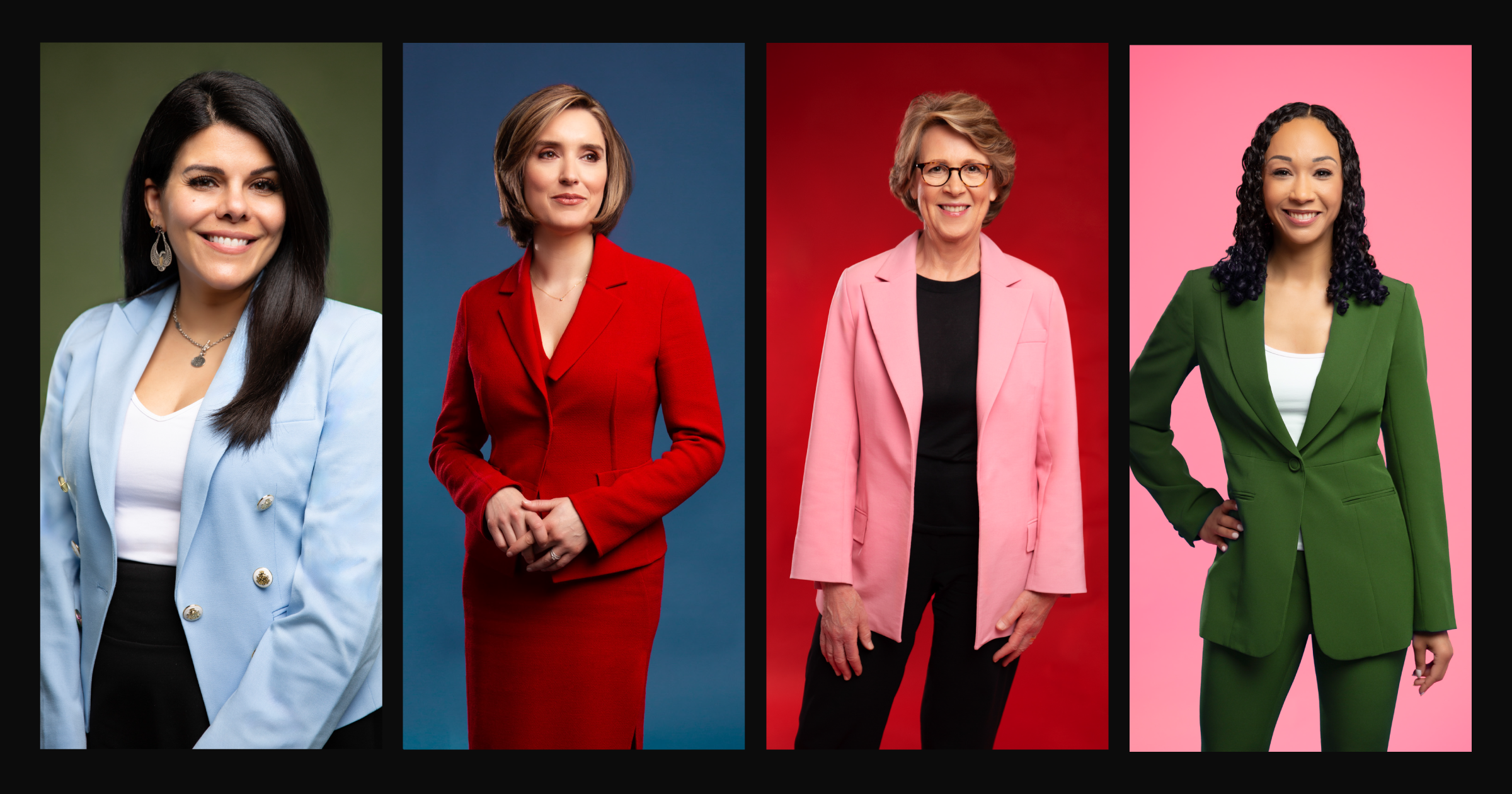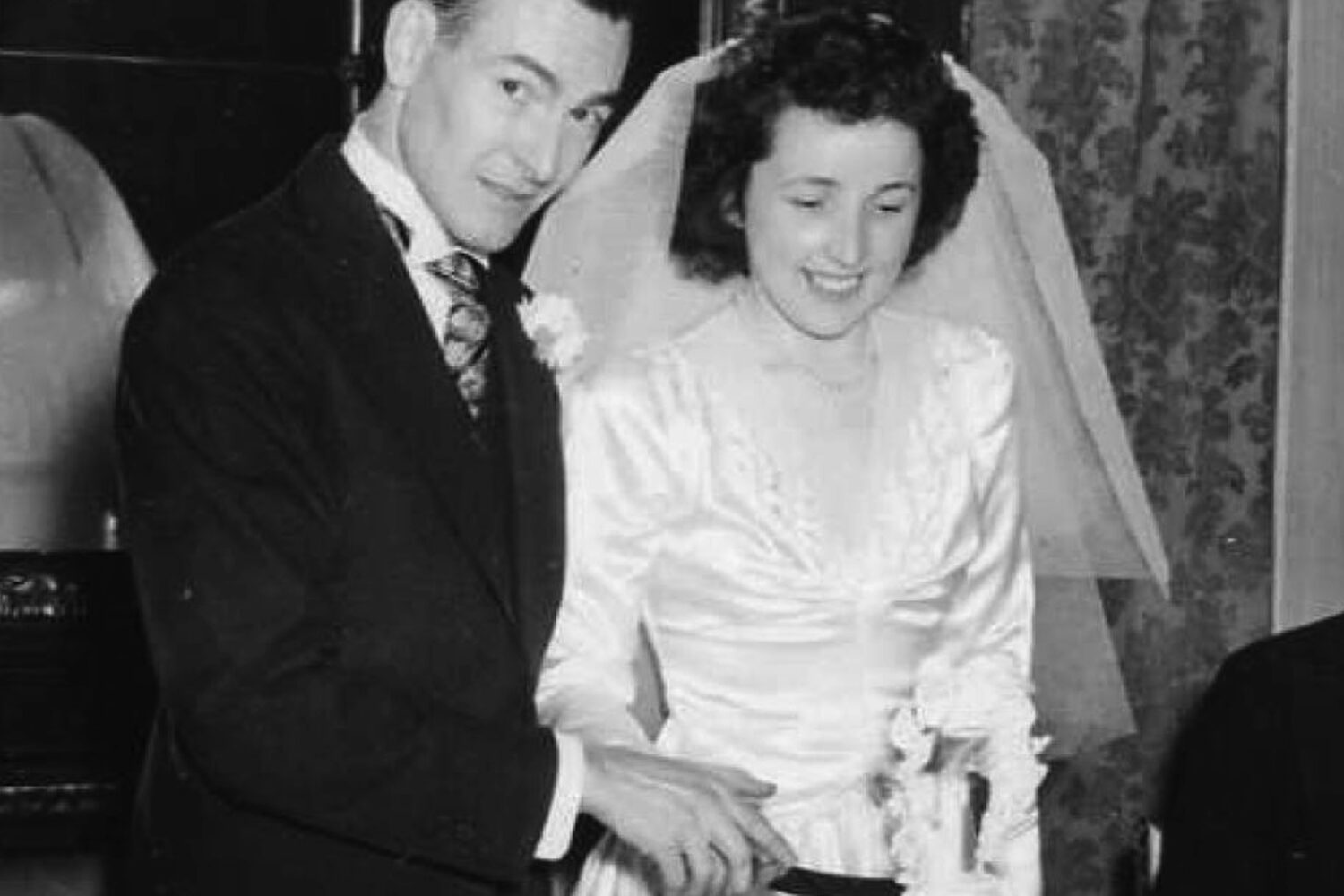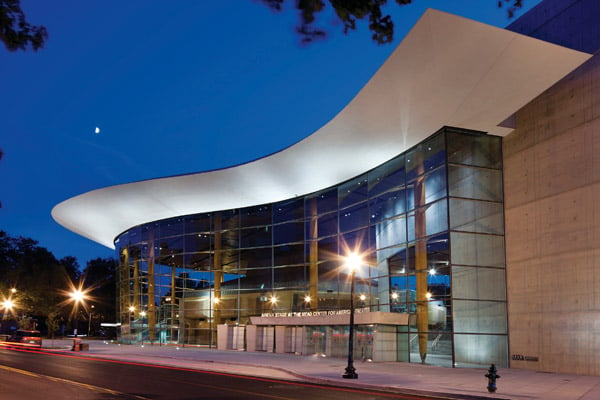Amid a reported nationwide surge in law school applications, DC-area law schools have also seen a significant increase in people looking to enroll.
Howard University School of Law has reported a 38.4 percent increase in applications this year, and American University Washington College of Law is currently running ahead of last year’s application pool by at least 15 percent. George Mason Scalia Law School has also reported receiving nearly 20 applications for every available seat.
Georgetown Law reported 14,000 applications so far for a class of 650, a 25 percent increase from last year’s 11,200 applications. The school has hired extra part-time staff to help process applications.
One major reason for this spike? Recessionary fears amid a shrinking white-collar job market, linked to both the rise of generative AI and the Trump administration’s mass layoffs of the federal workforce. Unemployment rates have risen far more sharply for recent college graduates than for other groups, and these rates are most pronounced amongst those armed with only a bachelor’s degree.
At Catholic University Columbus School of Law, the application pool is currently outpacing last year’s by almost 50 percent. “Often when people are concerned about the economic outlook for jobs, they’re interested in going to school and improving their credentials,” says Stephen Payne, dean of the Columbus School of Law.
Economic concerns have historically had a direct correlation with law school applications, according to Josh Hartman, an intellectual property litigator with Merchant & Gould. The economic slump during the Covid pandemic also led to a bump in law school applications; prior to that, the 2008 recession and early 2000’s burst of the dot-com bubble also resulted in spikes in applications.
There has been an increase of interest in law school after previous elections, too. “It was almost like a replay of what happened in 2020, with the fall entering class of ’21,” says Andrew Cornblatt, dean of admissions at Georgetown Law, when the school also closed out the application cycle with 14,000 applications. “What both these years have in common is they are both election years, and then the next entering class, applications surge.”
“This is a very politically charged, contentious time,” Hartman says. “Legal challenges and court cases were in the news all last year leading up to the election. I think for people who have an inclination to get involved and to be politically active, a law degree is a great tool to have in the toolkit.”
Another reason for the surge might be rooted in the application process itself. Following a 2019 lawsuit, the Law School Admission Council removed the logic games section of the Law School Admission Test (LSAT) starting with this application cycle. “The logic games have a reputation for being the most difficult, least intuitive section of the exam,” Hartman says. And while this section may have previously served as a barrier to entry for applicants, its elimination has likely caused many to reconsider taking the LSAT and applying to law school.
“This also may explain some of the increase in scores,” Payne says. “There are more people in the higher score bands this year.”

